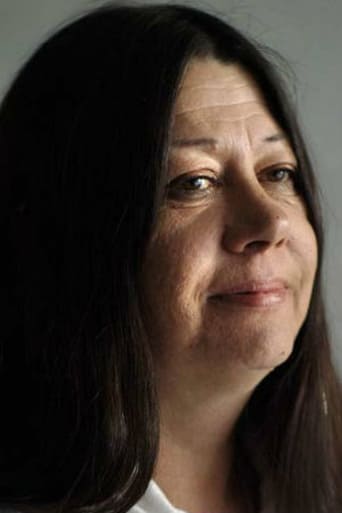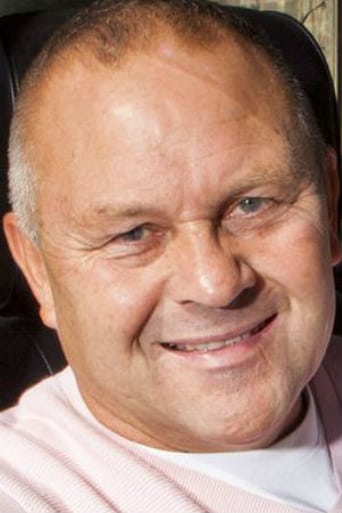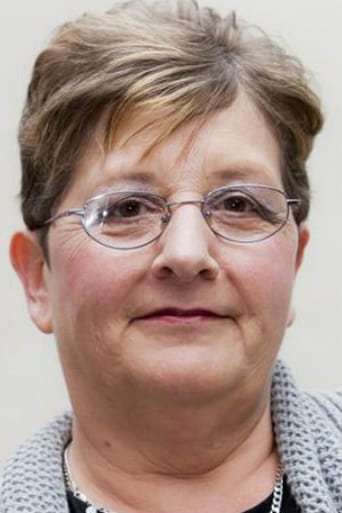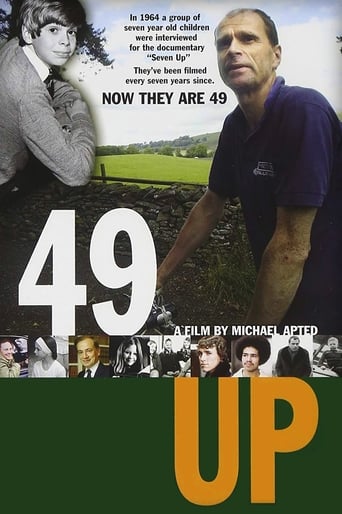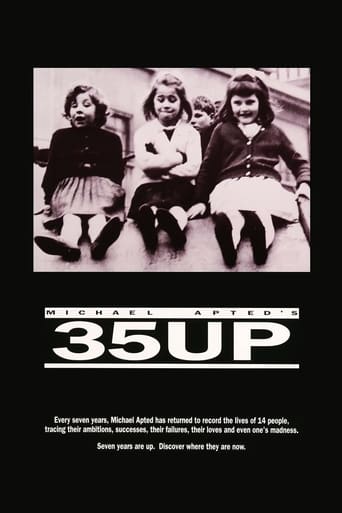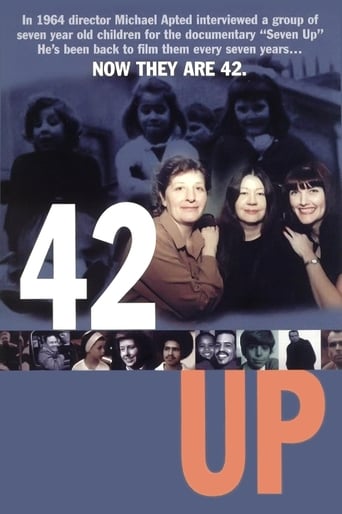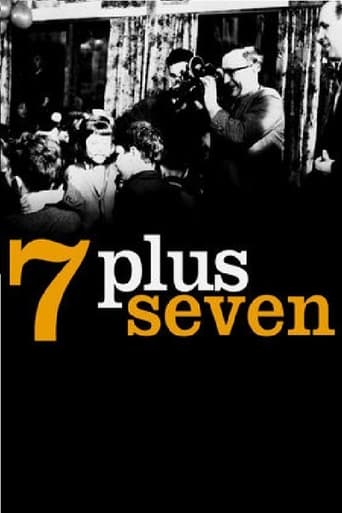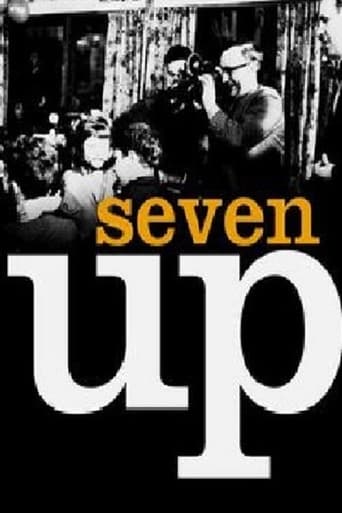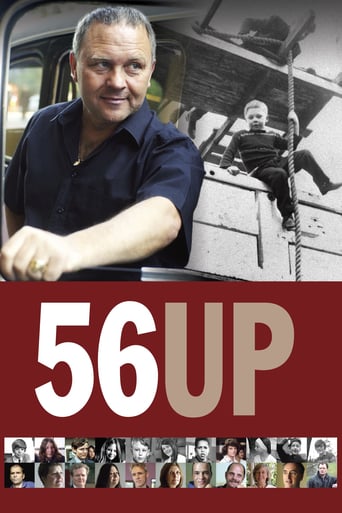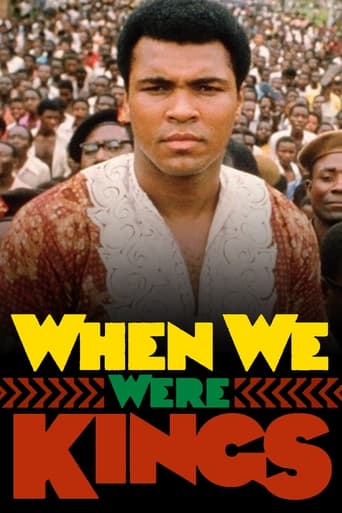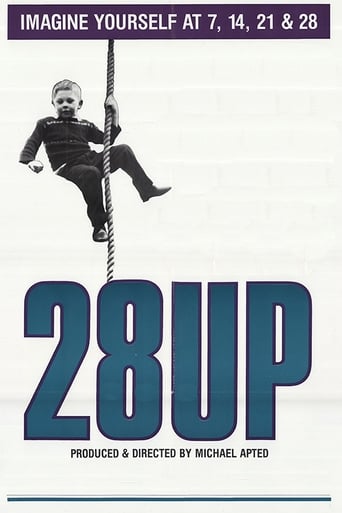
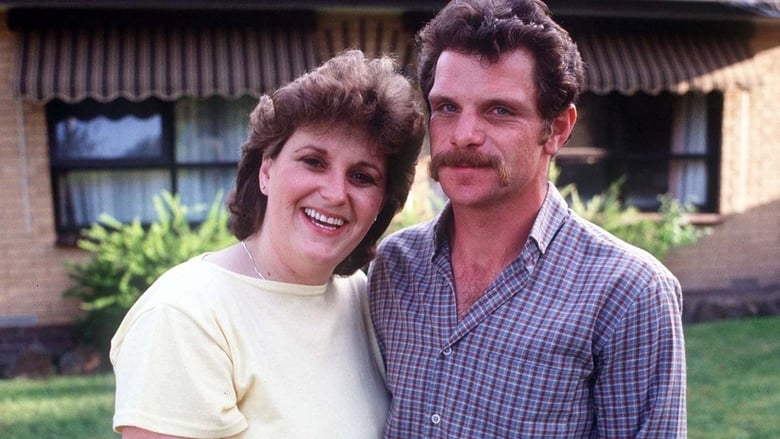
28 Up (1984)
Just two years away from turning 30, participants in Michael Apted's documentary series are facing serious questions of identity and purpose, wondering whether they've found their place in the world.
Watch Trailer
Cast
Similar titles
Reviews
I like the storyline of this show,it attract me so much
Wow! Such a good movie.
A movie that not only functions as a solid scarefest but a razor-sharp satire.
Blistering performances.
The highlights here are Nicholas and his relocation to Wisconsin and Neil continuing down the spiral of depression. Other than that, most of the subjects have just settled into comfortable, and somewhat mundane, lives. I was disappointed not to get more of John's douchiness, but he declined to be interviewed, as did one of the other rich (but far less douchey) kids. It's amusing to see the way Apted keeps trying to badger his subjects into expressing some kind of rage against the upper class, yet they're having no part of his agenda. They all (with the exception of Neil) seem quite content with their standing. I've decided to soldier on with the series, mostly because I've already invested so much in it, but I also remain curious about a few of the subjects.
In 28 Up, it seems like the 'the Man' part of the 'Give me a Child' bit that is quoted in every Up movie is starting to take shape, for the men and women. Or, at least, most of them. We see the gradual progression of life start to take shape: careers, over the course of the people's 20's, have been sought out, and they've gotten married and/or had children. Some, in fact, who weren't married before have been changed for the better it would seem by being married (i.e. Jackie), and some aren't living in Britain anymore (one is a physicist living in America with his wife, another has lived in Australia for quite a long time).The series in this 'episode' film centers around the real progress into adulthood, and how the interviewees now feel about how their lives, loves, careers have progressed. A given topic that comes up is how they think they've changed since being in the first film at seven, and the consensus, a strong one presented, is that a person is at least, potentially, there at the age, but needs to grow (like a seed). It's fascinating too to see how the children in groups have progressed about as expected, or with some relativity. For example the three boys, now adults, sitting in the same line (albeit one of them declined to be interviewed, ironic since he works for the BBC in 1985), one of whom a prissy, upper class citizen, and another not so much, based on hair-length perhaps.In general 28 Up seems to view the subjects as they would be naturally by this point as adults, and some, like the bricklayer, revealed how they might turn out when let loose in the 'playground' at age seven, some building a house and some, well, not (another fascinating subject like this is the former jockey turned cab driver). And yet a good deal of these subjects, at least for the moment of 28, look set for their life, either with a current wife or kids or a steady income at something they've worked for... which brings us to Neil. He's the one who, at 28, has no current prospects, who was happy as a child but now is disillusioned to the fact that he doesn't have a career or much of a life, but in a way is fine with that (he applied to Oxford, but didn't get in). He's the stark, fascinating contrast that gives 28 Up a great sense of depth. The class system in Britain, or just in how it sets up these kids, is revealed in the highs, mediums and lows of living, and Neil is certainly a low, but not feeling bad about it (at the least, he says, he can eat now, unlike some years before).
Michael Apted must be congratulated for having (or perhaps stumbling upon) the vision for this study. Begin with 14 seven year olds in England, film them in a few interesting situations, and follow those same kids as they grow up. Every seven years. Because all of our lives transpire at roughly the same rates, we cannot actually observe children growing up. But this filmed approach is the next best thing.In this film we get to see (most of) the same children at 7, 14, 21 and 28. Just as we saw a great difference from 14 to 21, again we see a great difference from 21 to 28. Having been in the working world for 5 or 6 years, most married and raising families, they no longer look and act like the searchers we saw in earlier films. Except for Neil, who at 7 seemed to be the brightest and most expressive, to a 28-year-old that never knows if he will be homeless the next month. As dramatic, in the opposite direction, was Suzy who went from a disenchanted dropout to a happy wife and mother. Still, in each subject we can identify characteristics that have stayed with them as they grew up.We still see how the "process" has influenced the "product." To a good degree, who they are at 28 is a product of having been in the "UP" series every 7 years, and the internal pressure to be worthy for the world to see them.This and all the others through '42-UP' in 1998 are on the 5-disk DVD set just out. ("49 UP" has been made but is not yet available on DVD.) However, simply seeing the most recent film (42-UP or 49-UP) is pretty good, because each film contains snippets of each of the former ones, allowing us to see how each child developed in 7-year increments.Just a marvelous study of growing up.
"Give me a child until he is seven, and I will give you the man," goes a Jesuit proverb, which the "Up" documentaries quote. Every seven years, Michael Apted interviews the same Britons to see how they have changed. "28 Up" is the fourth installment of the series--the interviewees are now each 28 years old. The children are now the men, or women. It's not necessary to have seen, or recall, the previous installments of the television series to watch this episode, because the filmmakers intercalate clips from previous episodes with the new scenes. Via film editors Kim Horton and Oral Norrie Ottey, "28 Up" stands well by itself. We're timely shown how the interviewees have changed.The proverb seems oft to hold true, but there are some surprises. Suzi, for example, was "very cynical" about marriage as a 21-year-old chain-smoker, but at 28 years old is a cheerful wife. Tony, however, said he wanted to be a cabby if he didn't succeed as a jockey--now he is a cabby, and he seems happy.Besides examining their individual lives, the series also examines the differences among socioeconomic classes in Britain. John, although he didn't participate in the show at 28 years old, made two interesting comments on class issues in previous episodes (viewed again here). He said it "doesn't mean because you sweep the streets you're any less valuable than someone who's running a huge corporation. Not everyone can be at the top. As long as people are happy at what they're doing." John is from the upper classes and attended a private school. He went onto say, "And this is what worries me about these new sort of invidious sort of class attitudes that certain subversive elements are introducing...."Class issues don't seem to bother most of the cast; most of them seem content with their role in society, as John advocated as the "greatest good that could be". Yet, John is also a bit of a snob. Contrastingly, Bruce is a socialist from the upper classes, and he is now teaching math in a public school.Women's role in family and society is another issue examined in the film. Jackie, Nick's wife, discussed how she and her husband might balance work with children. Jackie (a different one), Lynn and Sue are the program's three working-class women. They're all married now, and they characterized marriage as a partnership of equals. Jackie has decided not to have children, at least not yet.Inevitably, some of the interviewees are more interesting than others are. For example, Symon (who had the misfortune of being the last interviewed) was a bit boring. At 21 years old, he was working in a freezer room; he said, "I couldn't stay there for that long--my mind would go dead". He's still working there at 28 years old. It wasn't apparent to me that his mind had died, but perhaps the job has caused him to appear dull in this segment.Finally, Neil, lanky, serious-minded and depressed, is to me (and many other viewers) the most interesting person of the gang. Neil is now a tramp traveling around Britain. The most memorable sequence of the film is of Neil nodding nervously as he sits by a waterfront, discussing his life and past, hesitating often as he thinks about how to better articulate his thoughts, or to reflect on his thoughts before he is posed another question.
